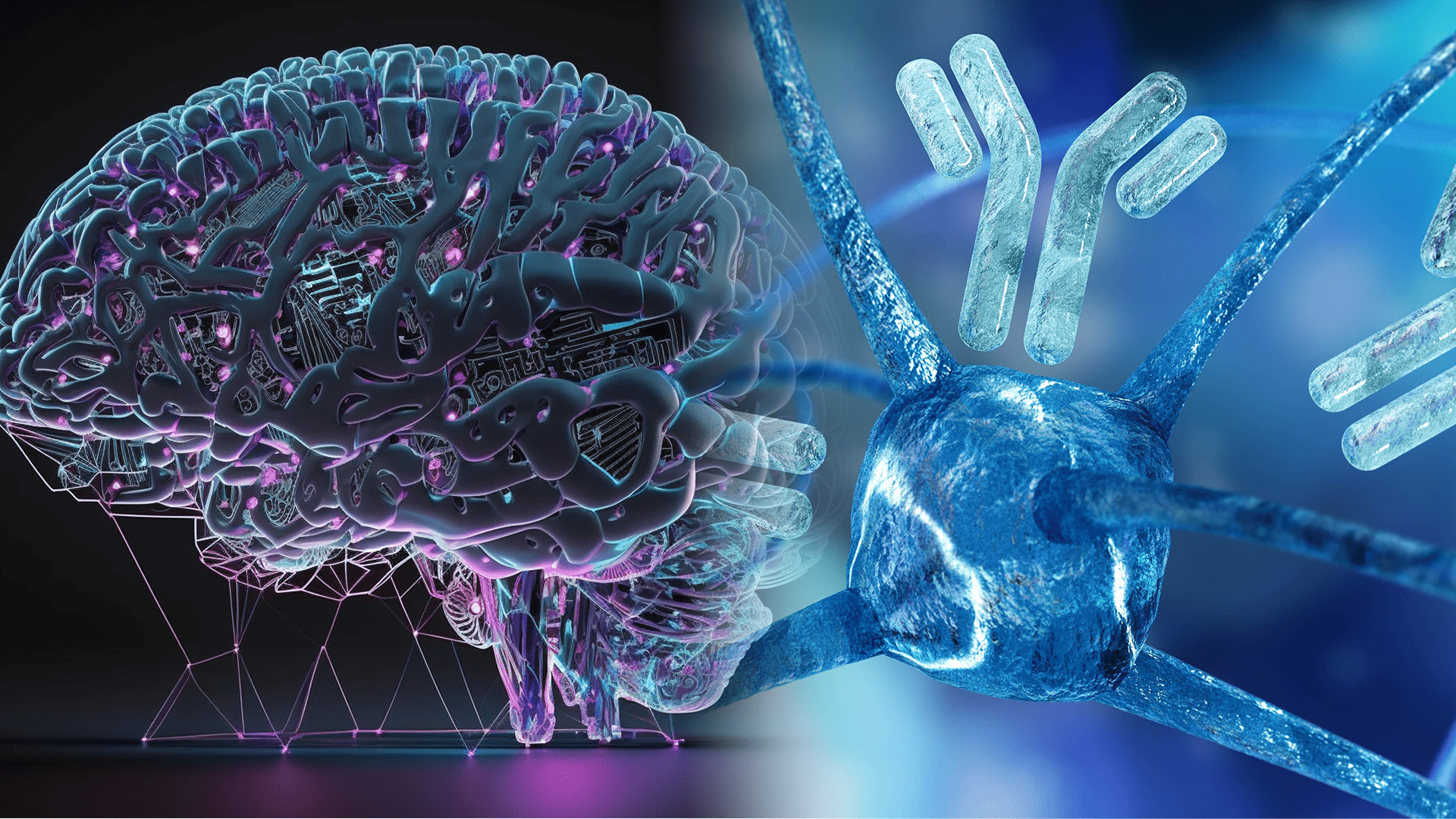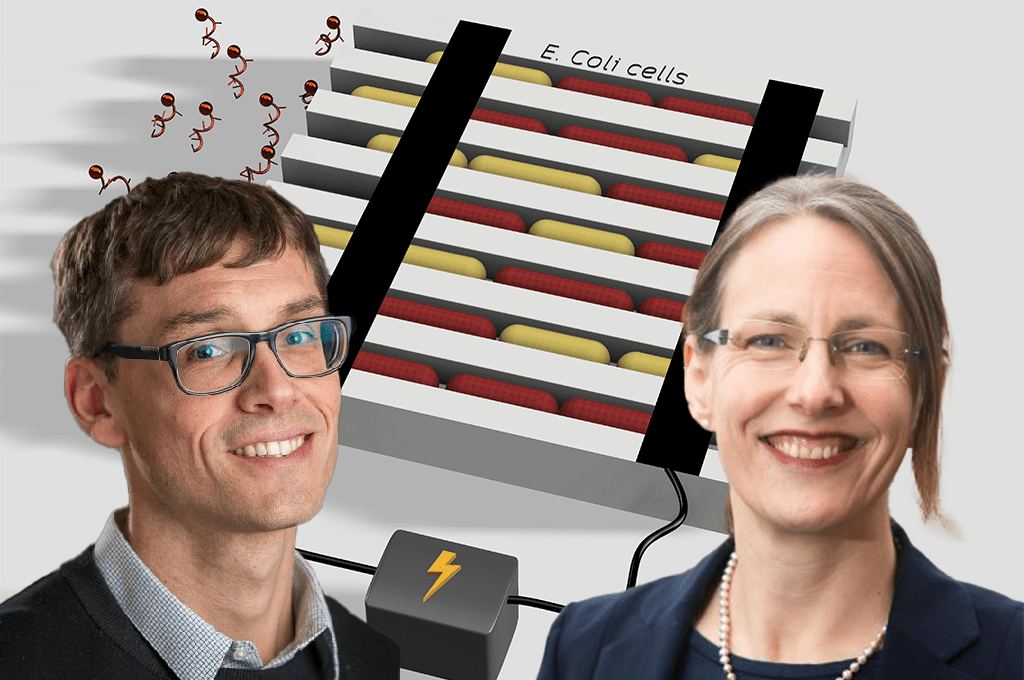Industry case: SciLifeLab Infrastructure A Prerequisite for Key2Brain’s Development of Antibody Fragments for Brain Transport of Therapeutics
The infrastructure at SciLifeLab is a prerequisite for Key2Brain’s operations. The start-up company Key2Brain develops small antibody fragments which, when coupled with other proteins or drugs, can cross the blood-brain barrier and reach target molecules inside the brain. The company currently has projects in preclinical phase. The most mature project has successfully validated that the technology can provide optimized targeting of amyloid beta deposits in brain in disease models for Alzheimer’s disease, which can be used for diagnostics or therapeutics.
”Our goal is to improve therapeutic and diagnostic options for diseases of the central nervous system. As Key2Brain is a semi-virtual company without a laboratory of our own, we are dependent on external services as well as collaborations within research infrastructures,” says Elisabet Sjöström, founder and CEO of Key2Brain.
In developing the technology, Key2Brain has been helped by combined resources of both the Drug Discovery and Development Platform (Human antibody therapeutics, HAT unit), as well as the National Bioinformatics Infrastructure Sweden (NBIS) at SciLifeLab.
“The Drug Discovery and Development Platform assisted us in setting up new protocols and characterization of our antibody fragment technology, as well as running more high throughput analyses. They have expertise in evaluating the interaction of an antibody to a target molecule”, says Elisabet Sjöström.
The SciLifeLab Drug Discovery and Development (DDD) platform offers industry-standard infrastructure, expertise, and strategic support for technology development or to help advance projects toward a preclinical proof-of-concept.
”The overarching goal of DDD is to provide knowledge and techniques – but also to make our instruments available. These are expensive, advanced instruments, and the more they are used, the better – accessibility is good”, says Anders Olsson (KTH), Head of the DDD-unit Protein Expression and Characterization.
The first set of results from our work at HAT enabled us to expand our portfolio of antibody fragments and for this, bioinformatics expertise was needed. Key2Brain reached out to SciLifeLab contacts and was put in contact with the SciLifeLab Bioinformatics platform, NBIS, where Sebastian DiLorenzo performed custom bioinformatics analyses tailored to Key2Brains needs and delivered an analyzed dataset.
”At NBIS, we want bioinformatics to be as accessible as possible. We offer both long-term and short-term support, which is what Key2Brain needed. I believe it is crucial for Scilifelab’s infrastructure to be well connected internally to direct a user to another unit or platform to complete projects, says Sebastian DiLorenzo, bioinformatician at NBIS.
Key2Brain continues its journey towards improved treatment for patients suffering from brain diseases and is willing to explore new parts of the infrastructure.
“We really look forward to continued work and collaboration with the SciLifeLab infrastructure in different ways, perhaps by exploring new platforms for example those specialized in cell assays. Had SciLifeLab not existed, we would not have been where we are today. To start a lab, purchasing machines and equipment is both expensive and time-consuming. For a semi-virtual company like Key2Brain, the infrastructure that SciLifeLab provides is a prerequisite for our operations”, says Elisabet Sjöström.
Want to know more?
Contact:

Key2Brain
Elisabeth Sjöström
CEO and Founder
Key2Brain website
elisabet.sjostrom@key2brain.se

SciLifeLab
Anders Olsson
Head of Unit: Protein Expression and Characterization
SciLifeLab DDD platform
anders.olsson@scilifelab.se

SciLifeLab NBIS
Sebastian DiLorenzo
Bioinformatician & Community Coordinator NBIS
NBIS website
sebastian.dilorenzo@nbis.se





